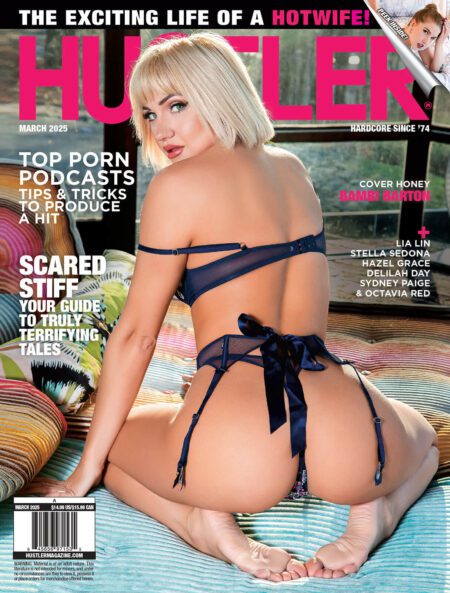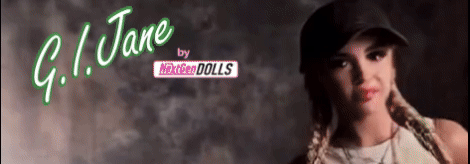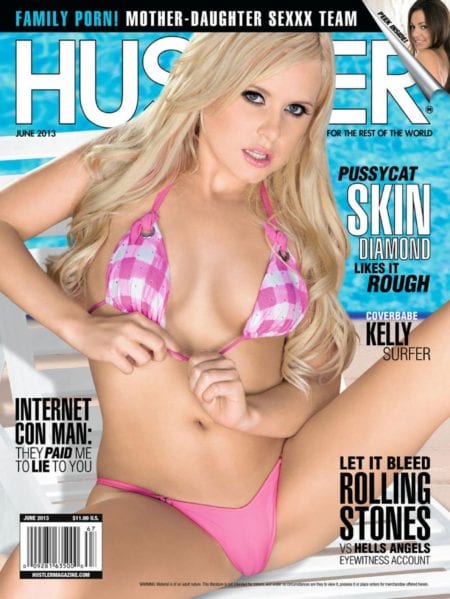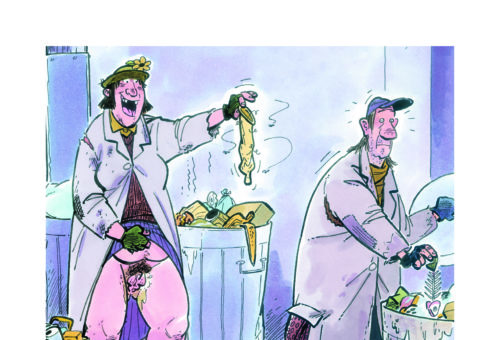Before blowing the lid off himself with his book Trust Me, I’m Lying: Confessions of a Media Manipulator, few people knew who Ryan Holiday was. But if you’ve been on the Internet over the past few years, you’ve probably seen his handiwork. Hired by clients such as Tucker Max and American Apparel to market their brands through online viral tactics, Holiday planted stories, took advantage of bad fact-checking and manipulated the boiler-room world of blogging to fabricate scandalous stories, boosting the buzz about his clients and their products. It was a lucrative game—until one day the master manipulator grew a conscience.
HUSTLER: How do you create news out of nothing?
RYAN HOLIDAY: You start it online. The Internet’s standards are basically nothing, and they drive the media agenda. What happens is, people plant a story online, whether it’s a photo or a blog post or a story they write themselves. Blogs look for whatever is getting heat. The hardest thing is to generate it and find your first place, but once you do that—if you can create the illusion of controversy or get people’s senses tickled—they jump on it.
A bigger site picks it up, then a site bigger than that picks it up, then the mainstream media who reads those sites picks it up from there. So instead of pitching the New York Times, you get Gawker to write about it through an anonymous email because you know that the New York Times reads Gawker and writes about the things that they hear there.

In your book you call it “trading up the chain.”
Exactly. It’s easy to start on the Internet because all these people desperately want traffic, and they don’t have a brand to protect. They don’t have any training in journalism, so they’ll print anything if they think it’ll get traffic. I wanted to write my book to tell people how it was from my perspective. I thought I would get notes from journalists like, “Ryan, you’re right, but maybe you overdid it a little.” But pretty much everyone has said, “It’s worse than you say.” It’s hard to know what stories were traded up the chain unless they turn out to be totally untrue—which doesn’t happen too often—and unless you did it yourself.































